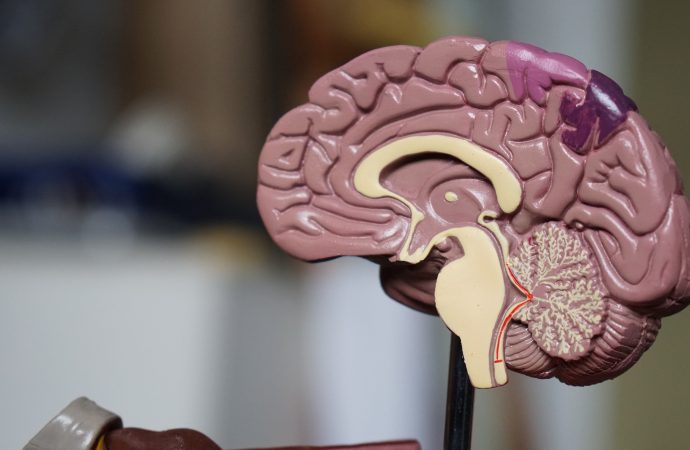A ruptured blood vessel in the brain can cause a life-threatening condition known as a brain hemorrhage. While some risk factors for this condition, such as age and genetics, are out of our control, there are lifestyle changes we can make to reduce the risk of blood vessels bursting. In this article, we’ll explore some
A ruptured blood vessel in the brain can cause a life-threatening condition known as a brain hemorrhage. While some risk factors for this condition, such as age and genetics, are out of our control, there are lifestyle changes we can make to reduce the risk of blood vessels bursting. In this article, we’ll explore some of these lifestyle changes and how they can help prevent a brain hemorrhage.
Manage High Blood Pressure
One of the most important steps you can take to prevent a brain hemorrhage is to manage high blood pressure. High blood pressure, or hypertension, is a major risk factor for this condition. To lower your blood pressure, you should aim to:
- Maintain a healthy weight
- Exercise regularly
- Eat a healthy diet that’s low in sodium and high in fruits, vegetables, and whole grains
- Limit alcohol consumption
- Quit smoking
- Take any blood pressure medications as prescribed by your doctor
Avoid Head Injuries
Head injuries can also increase the risk of a brain hemorrhage. To reduce your risk of head injuries, you should:
- Wear a helmet when participating in sports or other activities that pose a risk of head injury
- Wear a seatbelt in a car and follow other safety guidelines when driving or riding in a vehicle
- Take steps to prevent falls, such as using handrails, wearing non-slip shoes, and keeping your home well-lit
Avoid Certain Medications
Some medications, such as blood thinners, can increase the risk of bleeding in the brain. If you’re taking any medications that increase the risk of bleeding, talk to your doctor about whether there are safer alternatives that you can take.
Manage Stress
Chronic stress can contribute to high blood pressure and other risk factors for a brain hemorrhage. To manage stress, you should:
- Practice relaxation techniques, such as deep breathing, meditation, or yoga
- Engage in activities that you enjoy, such as reading, listening to music, or spending time with friends and family
- Take breaks from work or other stressful activities to rest and recharge
Eat a Healthy Diet
A healthy diet can help reduce the risk of high blood pressure, obesity, and other risk factors for a brain hemorrhage. To eat a healthy diet, you should:
- Eat a variety of fruits, vegetables, whole grains, and lean protein sources
- Limit your intake of saturated and trans fats, cholesterol, and sodium
- Avoid processed foods, sugary drinks, and foods high in calories but low in nutrients
In conclusion, lifestyle changes can play an important role in preventing blood vessels from bursting and reducing the risk of a brain hemorrhage. Managing high blood pressure, avoiding head injuries and certain medications, managing stress, and eating a healthy diet can all help reduce the risk of this life-threatening condition. By making these changes, you can take control of your health and reduce your risk of a brain hemorrhage.

















Leave a Comment
Your email address will not be published. Required fields are marked with *